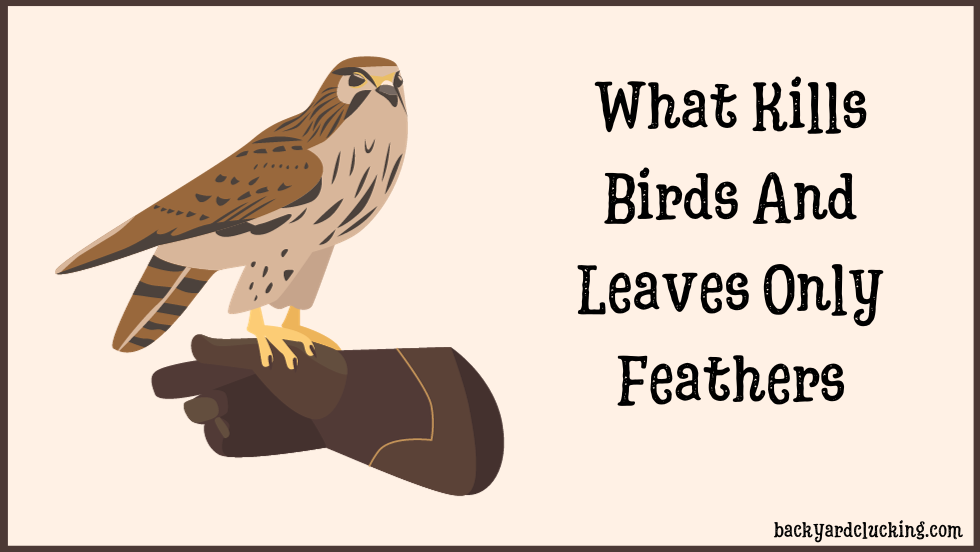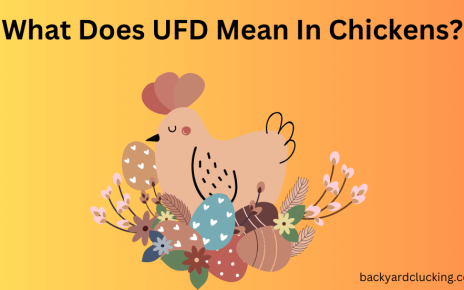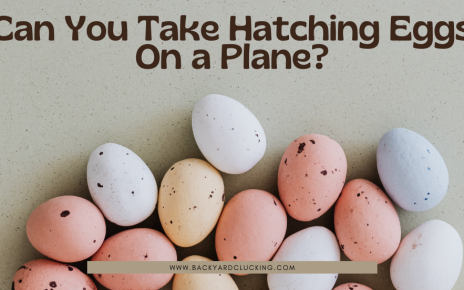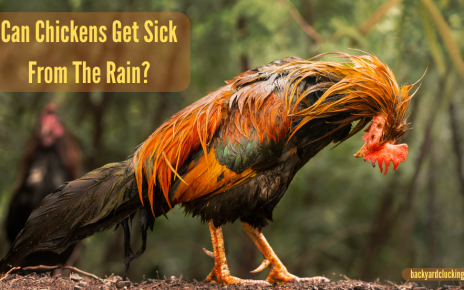One day, you venture out to your chicken coop, and, to your horror, you discover a gruesome scene: a chicken has met its untimely end, with only a pile of feathers left as a clue.
As a naturalist, I’m here to unravel the mystery and explore the possible causes of this unfortunate incident, focusing on potential predators and their typical behaviors. Along the way, we’ll delve into scientific studies and research conducted to understand this phenomenon better.
What Kills Birds and Leaves Only Feathers?
Here most common predators those kill birds and leaves feathers:
Foxes
Though it might seem like a job for Sherlock Holmes, identifying the likely suspects in this chicken caper is relatively straightforward. We’ll begin with one of the most common perpetrators: foxes.
Foxes are notorious for their stealthy, cunning hunting techniques and are well-known chicken predators. A 2014 study by Dr. Vladimir Dinets found that red foxes are indeed skillful bird hunters, with a success rate of 60% in hunting attempts.
Raccoons
Raccoons are another potential offender. While they may look innocent with their bandit-like visage, raccoons are known to be crafty and opportunistic. They often prey on small animals, chickens included, by using their dexterous hands to open doors and weak latches. As noted in a study by Dr. Suzanne MacDonald, raccoons have impressive problem-solving skills that aid them in their culinary pursuits.
Additionally, other possible predators include raptors such as:
- Hawks and owls
- Skunks
- Possums,
- And even wild dogs.
Each of these animals exhibits specific methods for catching and eating their prey, often leaving telltale signs that can be used to identify the culprit.
Animal Behavior: The Art of the Kill
Different predators exhibit distinct behaviors when attacking and eating their prey. For instance, foxes, by nature, are Caching predators.
This means they often kill more than they can immediately consume, storing the remains for later consumption. In the case of our unfortunate chicken, a fox would likely have carried the carcass away, leaving only the feathers behind.
- Raccoons, on the other hand, are more likely to leave gruesome evidence. They often decapitate their prey, including chickens, and may even leave the head behind. In the case of a raccoon attack, there might be more remains at the scene.
- Birds of prey like hawks and owls will typically swoop down and carry off their prize. As a result, they also tend to leave nothing but feathers in their wake. Skunks and possums may eat their meal on-site, leaving carcasses or other evidence behind, depending on the size and position of the animal.
- Wild dogs, like foxes and raccoons, are known to carry away their prey. These predators usually hunt in packs, so if a group is to blame for the chicken-on-chicken crime scene, they may have dragged away the carcass in minutes.
Classifying the Culprit in order to determine which predator is responsible for the disappearance of your chicken, you’ll need to inspect the crime scene. Look for feathers and other clues such as paw prints or bite marks.
Once you’ve identified any patterns in the evidence, it’s time to do some research.
Compare the information from your investigation with scientific studies and reports of similar events. If you have similarities between your situation and a particular predator pattern, you may have identified your culprit.
With knowledge of the predator’s behavior, you can now take steps to protect your chickens from future attacks.
Frequently Asked Question
How do you determine what killed my chickens?
The chickens’ bodies frequently exhibit bloodied wounds where they have been torn open, and it may be observed that internal organs have been consumed.
In cases where birds are deceased but remain untouched yet are lacking their heads, the predator is probably a raccoon, owl, or potentially an opossum.
What animal kills chickens at night?
It is important to note that chicken losses tend to happen at night when predators such as raccoons, skunks, opossums, owls, mink, and weasels are most active.
A well-built and secure coop is the most effective defense against nocturnal chicken predators. Chickens naturally retreat to their shelter at dusk and sleep deeply when resting.
Can you shoot a hawk attacking your chickens?
It is prohibited to cause harm to them or to engage in activities such as hunting, trapping, caging, shooting, or poisoning without a permit. Violating these regulations is considered a misdemeanor and may result in fines of up to $15,000.
However, certain exceptions to the migratory bird act are granted to federally certified wildlife rehabilitators and certified falconers.
What does it indicate when you see a lot of bird feathers?
Feathers serve as a symbol that angels are vigilant and protective. They offer the reassurance of their presence and guidance.
Encountering feathers in unexpected locations could indicate the watchful spirit of a cherished individual.
What animal eats chicken eggs & leaves the shell?
Opossums, foxes, skunks, jays, and crows frequently leave remnants of consumed eggs.
What animal kills chickens but doesn’t eat?
An animal that preys on chickens without consuming them is often identified as a weasel. These predators exhibit a keen interest in the pursuit and extermination of chickens, although their motive for not consuming the prey remains unclear.
Typically, they engage in attacks targeting the entire flock, resulting in every chicken’s demise while consuming only a small fraction of their victims.
Conclusion
Identifying chicken predators requires a comprehensive inspection of the crime scene and an understanding of the behavior patterns of different animals. Combining these two elements allows you to accurately analyze the evidence and determine which predator is responsible for your flock’s losses.
With knowledge in hand, take appropriate measures to defend against future attacks from animal offenders. Remember that preventive action before a predator strikes is always the best choice.
By fortifying your coop and limiting access to food sources, you can deter predators before they target your chickens. Taking these steps will help ensure that your flock remains safe from harm in the future.




